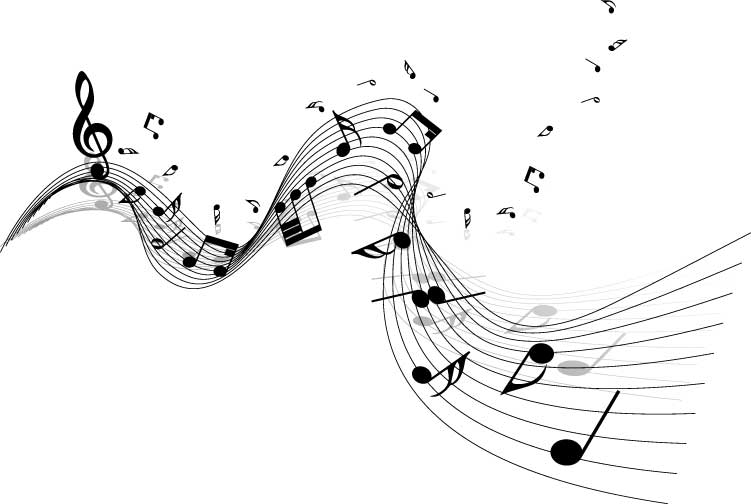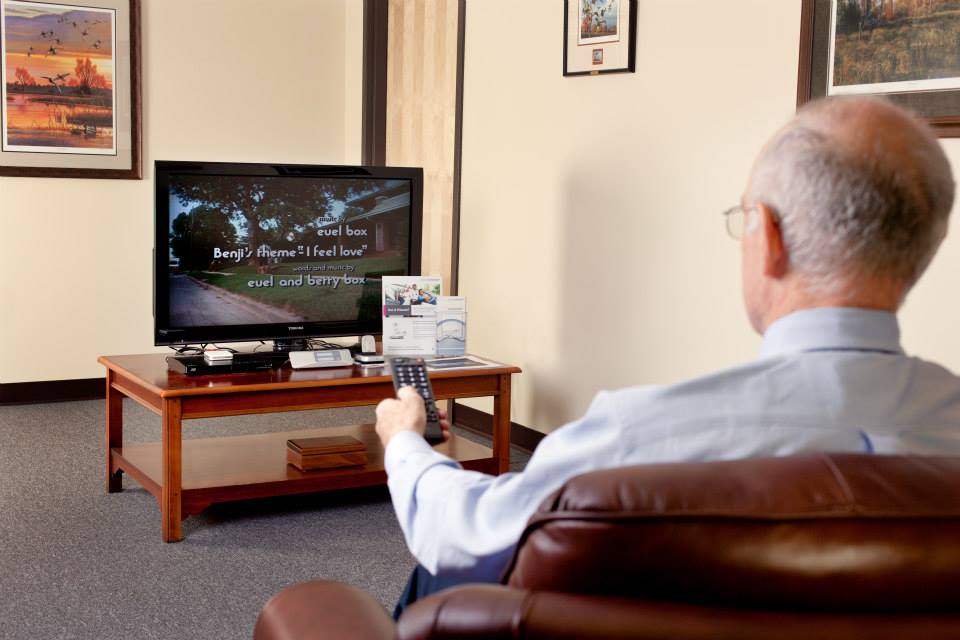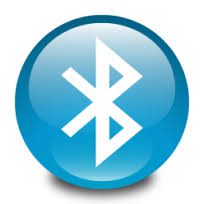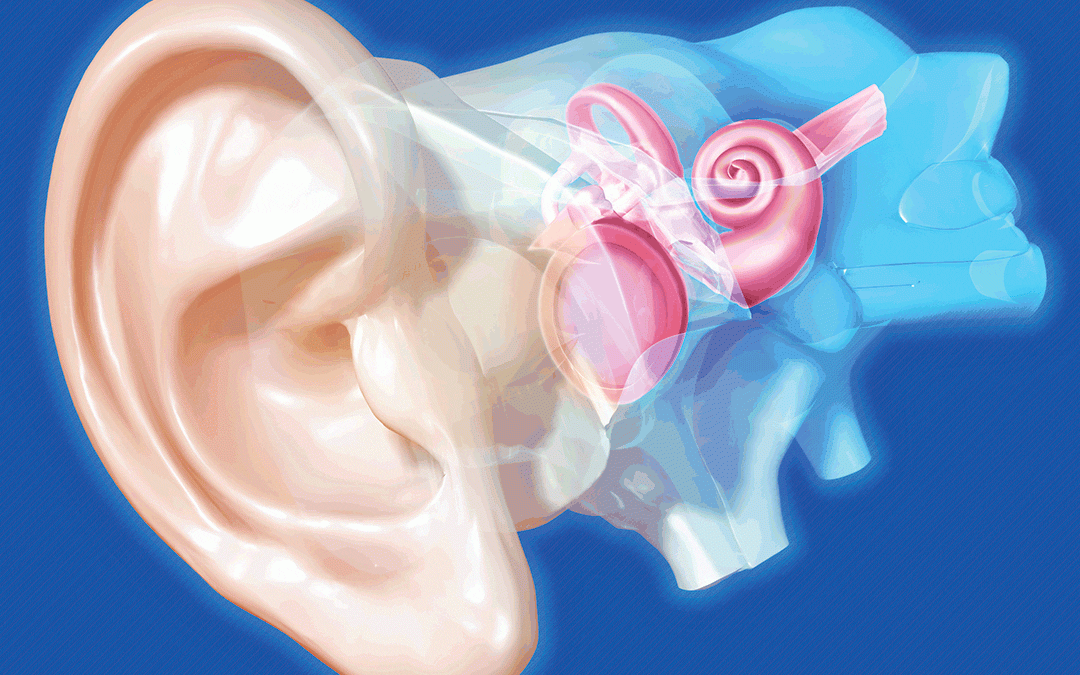Better Hearing Blog

Less May be More
Music lovers may want to consider that the type of sound processing provided by technically advanced hearing instruments to help wearers make speech more understandable may also make music enjoyment more difficult. Current hearing instruments utilize wide dynamic range compression, which is sound processing that leaves loud sounds untouched while amplifying softer sounds. Although this type of processing helps wearers better understand what their conversation partners are saying, it can distort music. Further complicating the situation is the fact that recorded music is subjected to compression limiting, which squeezes louder and softer sounds together into a narrower range, thereby increasing the perceived volume. Too much compression limiting can affect the quality of music even for people with normal hearing.
We bring you this blog about better hearing in order to provide our readers with information that we hope they will find helpful whether they already wear hearing instruments, or perhaps feel they may have an impairment and wish to explore their options. It’s all about YOUR hearing at BETTER HEARING CENTER. You’ll find compassionate, skilled individuals here, ready to start (and keep you) on the road to better hearing. We are New Hampshire’s premier hearing care provider.
P.S. While everyone’s hearing ability is different, music lovers may want to consider a hearing instrument with less processing ability.

Personal Sound Amplification Products (PSAP’s)
“Personal sound amplification products” (PSAPs) are over-the-counter hearing assistance devices that include software and tools ranging from smartphone apps to wireless headsets. While they tend to be less expensive than conventional hearing instruments, they are not considered to be medical devices and do not meet the same standards. PSAPs also do not require diagnostic testing by a hearing professional or the help of a hearing specialist to adjust their settings. Thus, PSAP users are on their own when it comes to making sound adjustments, which poses the potential to cause additional hearing damage by over-amplifying sharp noises. Some PSAPs are inconvenient and intrusive, such as requiring holding a microphone up to another person’s face. You get what you pay for.
Today, there are more choices than ever before for consumers purchasing hearing instruments. How do you decide which is the right kind for you? The best way is to place your trust in the hands of a Doctor of Audiology with a reputation for skill, knowledge, compassion, and integrity. We believe you’ll find this at BETTER HEARING CENTER. We are the only hearing center that has served the Concord, New Hampshire, area for more than 55 years. We are New Hampshire’s premier hearing care provider.
P.S. PSAPs are less costly because they are unregulated and not customized to an individual’s needs.
Come join us for our Open House! October 10th & 11th from 9am – 4pm
Visit us during our upcoming open house, on October 10th & 11th from 9am to 4pm. We’ll be celebrating 60 years in business with discounts on selected hearing aids, a ‘lunch and learn’ session, a flatscreen TV giveaway (no purchase necessary) and more!
‘Lunch and Learn’ details:
When: Oct. 10th from 11am-1pm
What: Join us to learn about hearing loss and new technology. Space is limited – call now to reserve your spot!
Note, we will be closed Columbus Day Oct. 9th.

Age-Related Sensory Loss
Older individuals who are experiencing hearing loss may want to schedule an appointment with the ophthalmologist after they have their hearing tested. According to a study of nearly 2,000 adults with an average age of approximately 70, those with hearing loss were more likely to also have vision loss, and vice versa. It seems that cataracts and age-related macular degeneration (ARMD), the two most common causes of vision loss in older individuals, are both independently associated with hearing loss. Researchers hypothesize that there may be a number of reasons for this link. Both conditions are regular consequences of aging, and both share common risk factors such as smoking, hardening of the arteries, and diabetes.
Approximately one in three people between the ages of 65 and 74 has hearing loss and nearly half of those older than 75 have trouble hearing. Hearing loss can make it hard to understand and follow a doctor’s advice, to respond to warnings, and to hear doorbells and alarms. For more information, please call BETTER HEARING CENTER. Future consultations and hearing aid maintenance will ensure that your hearing care experience continues to satisfy you. New Hampshire’s premier hearing care provider.
P.S. According to the study mentioned above, for each line of the eye chart that a study participant could not see, there was an 18% (for the visually impaired) and 13% (for the best-corrected visually impaired) increase in the likelihood of hearing loss.

Bluetooth Connectivity
Judging by how much young people rely on their smart phones, tablets, and other electronic devices to stay connected, they may envy the Bluetooth capabilities of their parents’ and grandparents’ hearing instruments. Bluetooth is a wireless communication platform that allows for the transfer of data between two or more electronic devices. It can be accessed by Bluetooth-enabled hearing instruments through a compatible assistive listening device (ALD), known as a “streamer,” or a smart phone. The audio signal can usually be set to stream to one or both hearing instruments and can be amplified and shaped to match the hearing aid’s personalized settings. In the case of a music player, the hearing instruments effectively become a set of wireless ear buds.
If you currently own hearing aids, chances are good that your hearing aids are already Bluetooth compatible. For more information, please call BETTER HEARING CENTER. We are the only hearing center that has served the Concord, New Hampshire, area for more than 55 years. Don’t put off the enjoyment of the sounds in your life any longer. New Hampshire’s premier hearing care provider.
P.S. Apple’s patented Bluetooth connectivity with hearing instruments enables certain hearing aids to communicate directly with the iOS platform that runs iPhone, iPad, and iPod Touch devices.

Osteoporosis and Hearing Loss
Osteoporosis, a bone-thinning disease that is associated with declining bone density and fractures, has recently been linked with “sudden onset hearing loss.” This type of hearing loss, which usually occurs in one ear, either all at once or over a period of a few days, is usually “idiopathic” (meaning the cause is never known). However, this new finding that those with osteoporosis are 76 percent more likely to develop sudden onset hearing loss may help explain the cause of some cases. While the study does not prove a definite cause-and-effect relationship between osteoporosis and sudden onset hearing loss, it is thought that inflammation and/or mineral loss in the three tiny bones of the middle ear may play a role. Osteoporosis, a bone-thinning disease that is associated with declining bone density and fractures, has recently been linked with “sudden onset hearing loss.” This type of hearing loss, which usually occurs in one ear, either all at once or over a period of a few days, is usually “idiopathic” (meaning the cause is never known). However, this new finding that those with osteoporosis are 76 percent more likely to develop sudden onset hearing loss may help explain the cause of some cases. While the study does not prove a definite cause-and-effect relationship between osteoporosis and sudden onset hearing loss, it is thought that inflammation and/or mineral loss in the three tiny bones of the middle ear may play a role.
It is important that people who have osteoporosis stay vigilant in caring for their hearing. If you’d like to learn more, see your hearing health provider. To schedule a hearing assessment, please call BETTER HEARING CENTER. We perform hearing tests, fit patients for hearing aids, and provide one-on-one consultations, among our other services. New Hampshire’s premier hearing care provider.
P.S. The three tiny bones (“ossicles”) of the inner ear, the “malleus,” “incus,” and “stapes,” transmit sounds to the inner ear.

